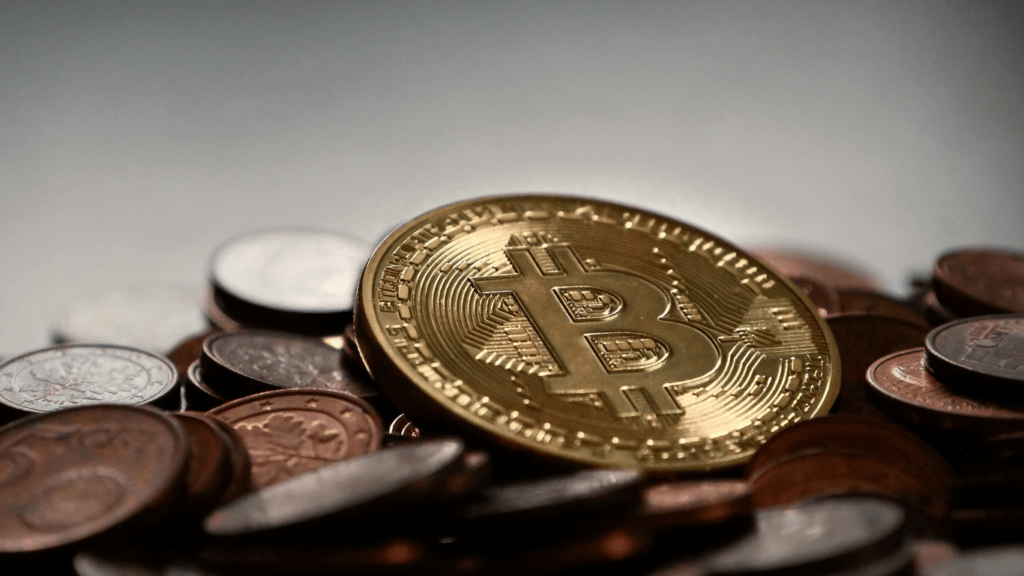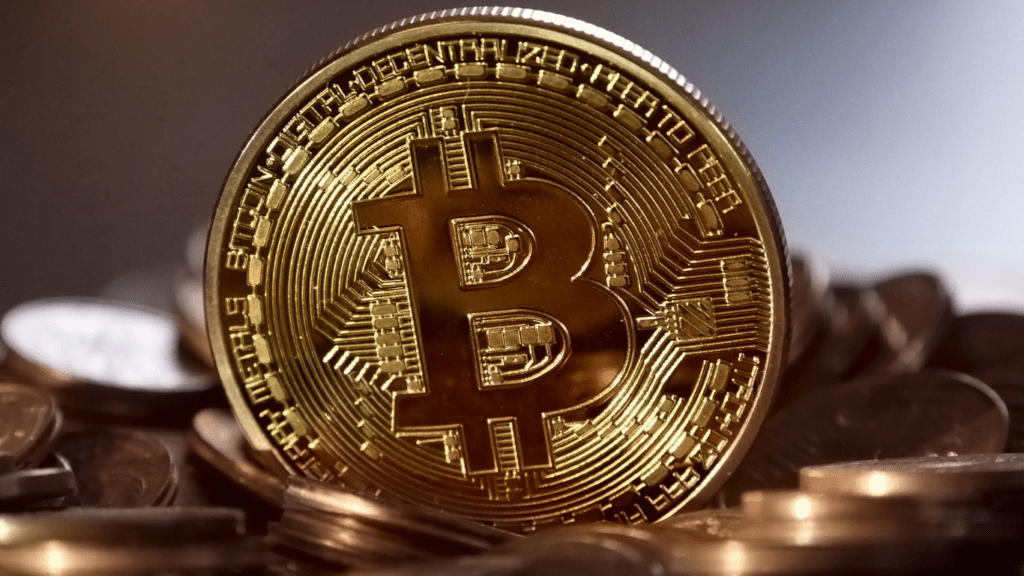Cryptocurrency enthusiasts and investors are abuzz about DeFi, a revolutionary concept reshaping the financial landscape. In simple terms, DeFi, short for Decentralized Finance, represents a new way of conducting financial transactions without traditional intermediaries like banks.
It’s a game-changer that empowers individuals to manage their finances directly, securely, and transparently through blockchain technology. As I delve into this beginner’s guide to DeFi, I’ll unravel the complexities of decentralized finance and explore its potential to democratize access to financial services globally.
From decentralized exchanges to lending platforms and beyond, DeFi offers a glimpse into a future where financial inclusivity is not just a dream but a reality. Join me on this journey to demystify DeFi and discover the possibilities it holds for the future of finance.
Understanding DeFi
Decentralized Finance (DeFi) is transforming the financial landscape by removing intermediaries like banks and using blockchain for secure, transparent transactions. It empowers individuals with direct control over their finances, offering global access to financial services without central authorities.
DeFi protocols support decentralized exchanges, lending, and asset management through smart contracts, automating processes and reducing human involvement. Beyond financial inclusion, DeFi creates a borderless financial ecosystem, fostering innovation and disrupting traditional banking, with a promising outlook for a more inclusive and transparent financial future.
The Basics of Decentralized Finance
Definition of DeFi
Decentralized Finance (DeFi) refers to a revolutionary approach that enables individuals to engage in financial activities without the involvement of traditional intermediaries like banks, thanks to blockchain technology. It emphasizes direct, secure, and transparent management of financial operations.
Features of DeFi
Key features of DeFi include the elimination of intermediaries, enabling individuals to have full control over their financial assets through decentralized systems that operate autonomously without centralized authorities. DeFi protocols utilize smart contracts to automate processes, enhancing efficiency in activities such as decentralized exchanges and lending platforms.
Advantages of DeFi
The advantages of DeFi lie in its creation of a global and inclusive financial ecosystem where anyone with internet access can participate, breaking down barriers to entry and fostering innovation. As DeFi continues to develop, it offers a promising future of accessibility, transparency, and inclusivity in the financial sector, urging individuals to explore the endless possibilities it offers.
Getting Started with DeFi
When diving into the world of DeFi, the first step is setting up a wallet to interact with decentralized applications and manage your digital assets securely.
Setting Up a Wallet
To begin your DeFi journey, you’ll need a digital wallet to store, send, and receive cryptocurrencies. Wallets like MetaMask or Trust Wallet are popular choices that are compatible with various DeFi platforms. Simply download the wallet app, create a secure password, and store your seed phrase offline to safeguard your funds. Your wallet address will serve as your identifier when engaging in DeFi transactions, providing you with full control over your assets without the need for a centralized entity.
Investing in DeFi
Investing in DeFi offers opportunities for portfolio diversification and potential high yields through decentralized financial instruments. Key avenues include decentralized lending protocols like Compound and Aave, where investors earn interest by lending digital assets, and decentralized exchanges (DEXs) like Uniswap and SushiSwap, which enable seamless asset trading without intermediaries.
To mitigate risks, investors should diversify across multiple DeFi platforms and stay informed about trends, protocol updates, and security practices. Participating in liquidity mining or yield farming programs also provides additional rewards, making DeFi a promising option for those seeking decentralized, transparent financial solutions.
Risks Associated with DeFi
Exploring the world of Decentralized Finance (DeFi) unveils a realm brimming with opportunities, yet it’s crucial to acknowledge the risks that accompany this innovative landscape. As I delve into the potential pitfalls of DeFi, it becomes apparent that understanding and mitigating these risks are paramount for a safe and informed journey in this decentralized financial ecosystem.
- Smart Contract Vulnerabilities: While smart contracts underpin the efficiency of DeFi by automating transactions, they are not immune to vulnerabilities. These vulnerabilities can be exploited by malicious actors to manipulate transactions or drain funds, emphasizing the importance of thorough audits and due diligence before engaging with any DeFi protocol.
- Impermanent Loss in Liquidity Pooling: Participating in liquidity pooling, a common practice in DeFi, entails the risk of impermanent loss. Fluctuations in asset prices can lead to losses compared to holding assets outside the pool, necessitating a comprehensive understanding of these dynamics before committing funds to liquidity pools.
- Centralization Risks in Decentralized Platforms: Despite the decentralized nature of DeFi platforms, certain elements may still exhibit centralization risks. Centralized governance structures, reliance on specific oracles for price feeds, or concentration of voting power among a few entities can compromise the decentralization ideals of DeFi projects.
- Regulatory Uncertainty: The evolving regulatory landscape surrounding DeFi introduces a layer of uncertainty and potential risk for participants. Changes in regulatory frameworks or enforcement actions against DeFi platforms could impact operations, liquidity, and overall trust in the ecosystem, underscoring the need for regulatory awareness and compliance measures.
- Security Concerns and Hacks: Security breaches and hacks targeting DeFi platforms have been prevalent, leading to significant financial losses for users. Weaknesses in code, improper handling of private keys, or vulnerabilities in external integrations pose serious risks, necessitating robust security practices and adherence to best security standards.
Navigating the realm of DeFi offers a multitude of opportunities, but staying informed about the associated risks is fundamental for making sound decisions and safeguarding assets. By being aware of these risks and adopting best practices in risk management, one can navigate the decentralized financial landscape with confidence and resilience.





